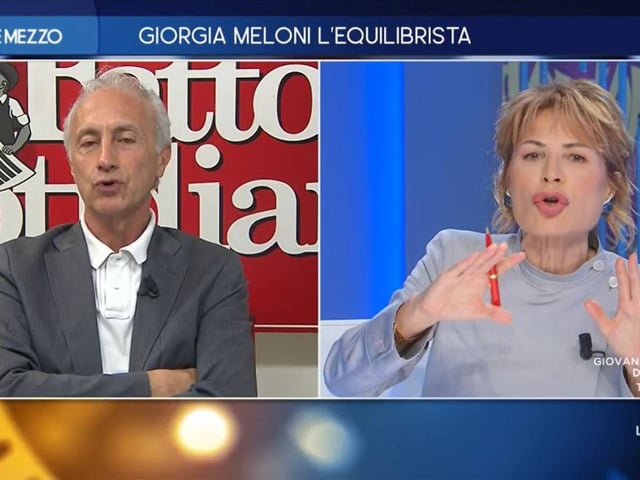Overview
- Marco Travaglio argued that the EU has fragmented into ad-hoc groupings that exclude many member states and lacks a coherent identity
- Corrado Augias proposed a two-speed EU structure to break unanimity deadlock by letting a core group of countries advance reforms independently
- Critics highlighted that the requirement for 27-state unanimity has stalled key policy decisions and prompted calls for majority-voting mechanisms
- Observers accused President Ursula von der Leyen of sidelining the European Parliament when she approved an €800 billion rearmament package without formal debate
- Analysts noted that Italian Prime Minister Giorgia Meloni has aligned closely with US interests, consistently backing EU initiatives despite her party’s Eurosceptic roots
